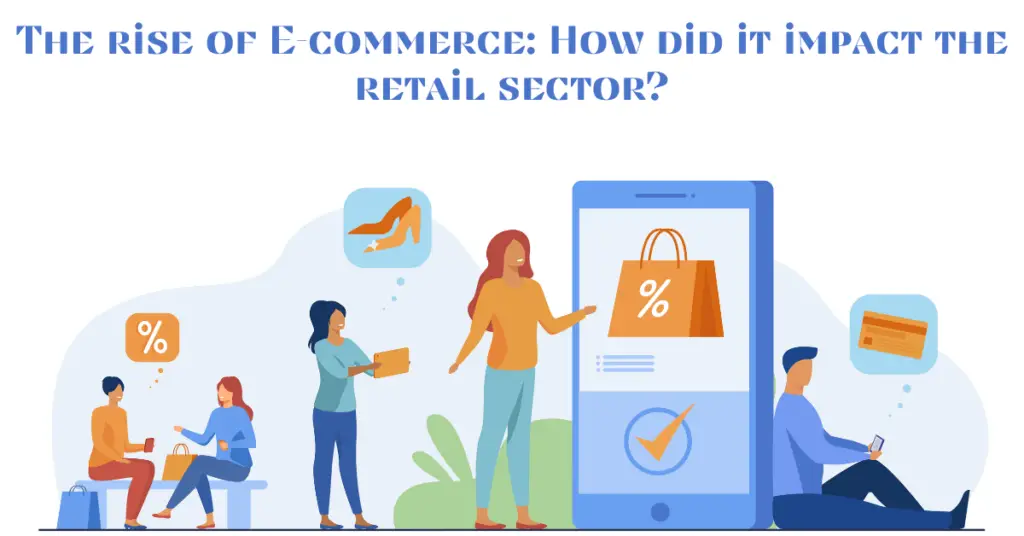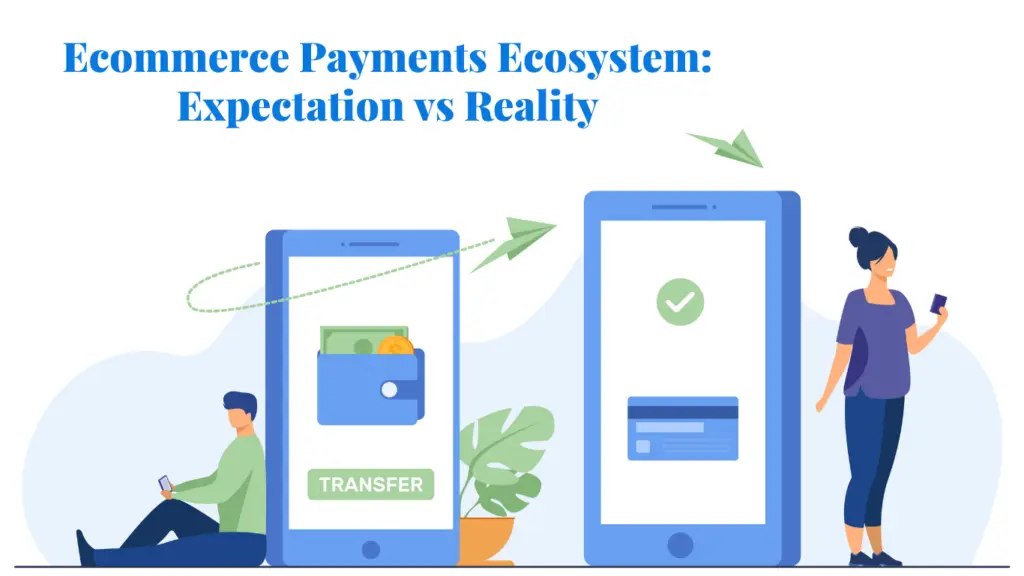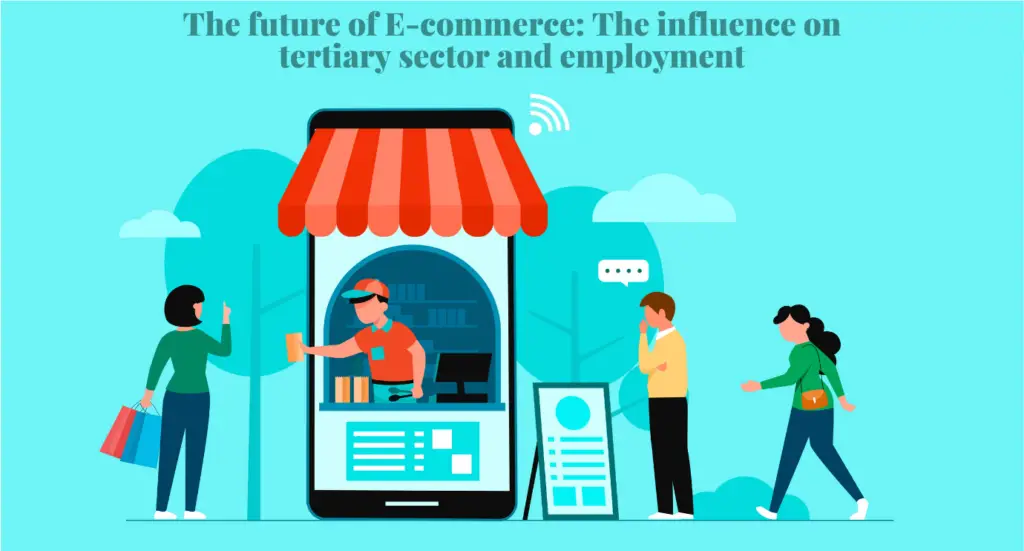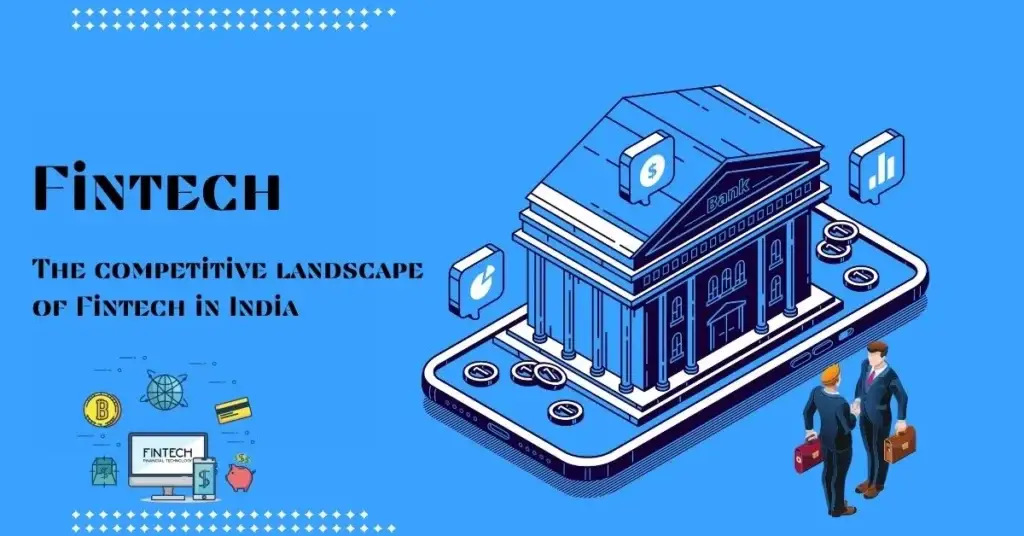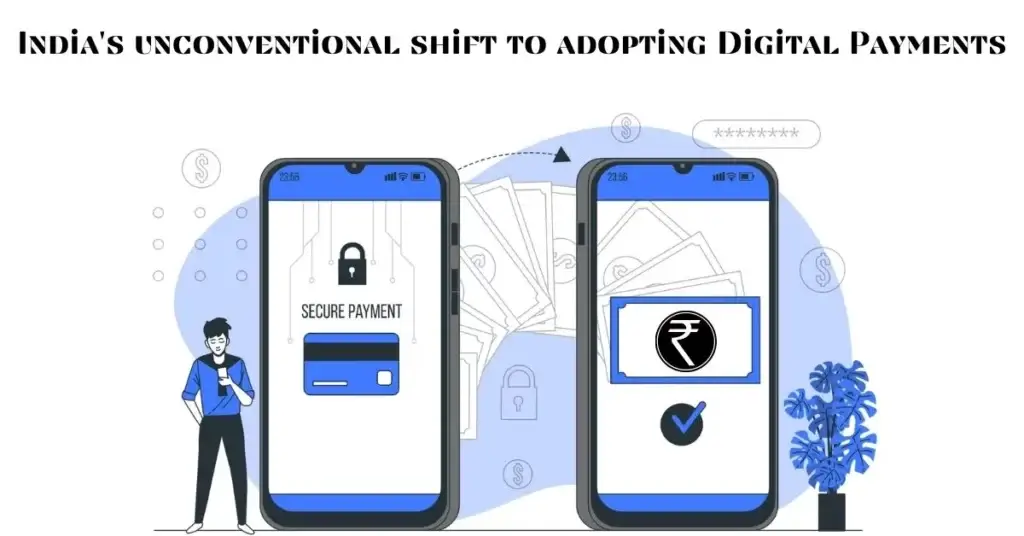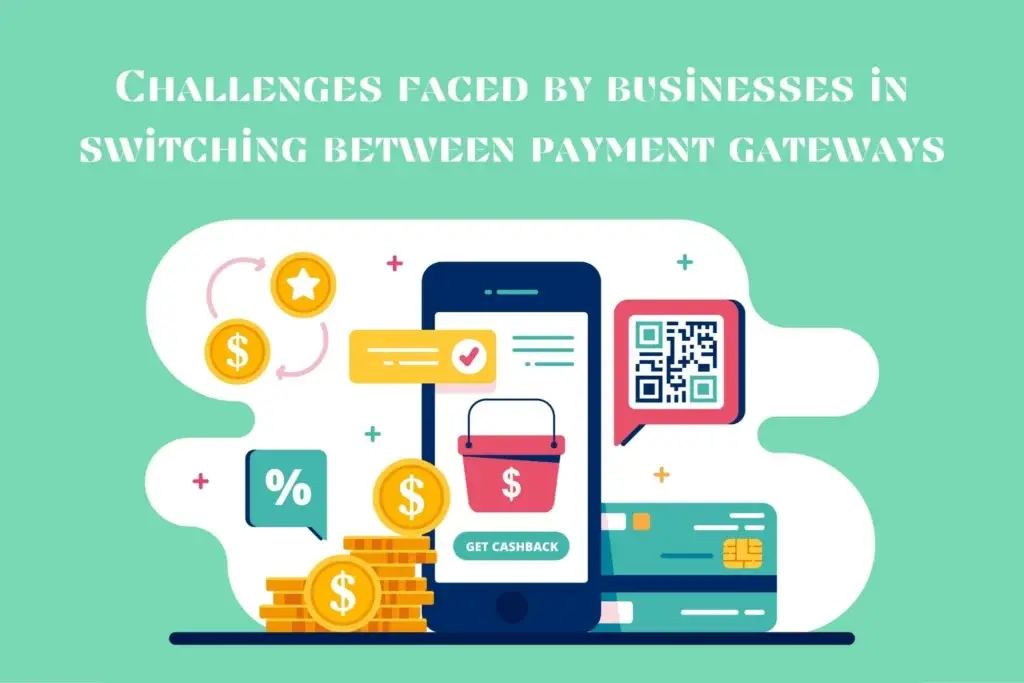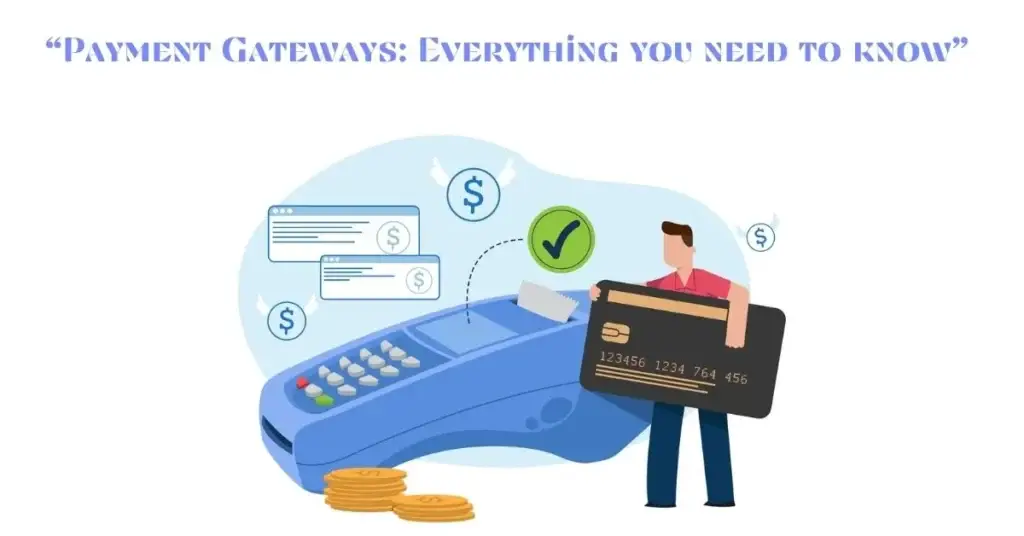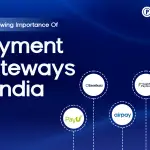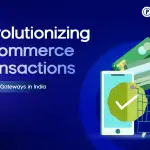Retail revolution or an apocalypse, what do you think the rise of e-commerce led to? With electronic commerce skyrocketing and becoming a force, it had its impact on different sectors. Electronic commerce refers to buying or selling of goods and services through electronic mediums. The Internet plays a major role in Ecommerce Payment Solutions. Digital literacy has grown over the last few years. It has led to a great landscape shift from traditional ways of selling goods and services to virtual ways.
Discussing the retail industry, it consists of all businesses selling goods and services to consumers. It is, no doubt, a very vital pillar of the economy. The traditional approach of the retail sector consists of supermarkets & malls, convenience stores, food services, etc.,
With the rising change in consumer behaviour, the need of the time is mixing traditional selling with modern technology.
Let’s look at how the retail sector has evolved with the penetration of ecommerce payment solutions:
THE OMNICHANNEL APPROACH
Retailers are more bent towards the Omnichannel approach. They are changing their business strategies according to the boom in ecommerce payment solutions.
An omnichannel approach is when a retailer uses more than 1 channel to deliver their products. The channels can be a website, a mobile application, or social media pages along with brick-and-mortar stores. Consumers can shop the traditional way and also the virtual way, depending on the situation.
Retailers have found themselves in a competitive environment. The only motive now is to provide a hassle-free shopping experience to consumers. They are starting to adapt to new consumer demands. Mostly, every traditional retailer has nowadays set up a website or an app. They’ve started to build their presence on social media channels to grow in the E-business world.
What it also does is that the customers too now have got a platform to give their feedback. Earlier, once you didn’t like a product you purchased, you couldn’t do too much about it. Especially if the product was non-refundable. Ecommerce payment solutions gives the consumers an option to return the selected items and lets them post their honest reviews as well. This gives the other customers a better idea about a product or service. A bad product will lead to bad publicity. So, the retailers are also continuously raising their game to please their customers.
Related Article: Ecommerce Payments Ecosystem: Expectation vs Reality
BRICK-AND-MORTAR SHOPS DIGITISATION
With a major impact on the retail world induced by the rise of ecommerce payment solutions, retailers have to operate differently. Promoting products using the internet has allowed retailers to attract global consumers. Growing small-scale businesses has become easier as consumers have shifted towards shopping online. The retail sector is a necessary component that makes it necessary for sellers to connect with their customers the modern way.
Ecommerce payment solutions helps retailers to expand their business and gain more potential customers in the process. Increasing sales, and improving brand value and services have become easier because of the modern digital world. With being able to sell their products and services to an international audience as well, the retail sector is growing rapidly. Showcasing the products using the internet to the consumers directly has made it a more preferred way. The physical stores have now become a secondary option. Consumers like to shop online, from the comfort of their bed while scrolling through a sea of options.
HOSPITALITY AND E-COMMERCE
E-commerce hasn’t only had an impact on retail shopping sectors but also the retail services. One such example is the hospitality industry.
Hotel owners or salespeople no longer have to rely on in-person meetings or phone calls to convince customers to book a room. They can place their ads on e-commerce websites using some appealing pictures, get potential customers and make money.
On the other hand, it has made life easier for people who love travelling and exploring new places, hasn’t it? Earlier, people used to go to a new place and then look for hotels to stay in and it cost them more money, more time and more energy. Often, a middleman was involved there getting their commission. The transportation from one hotel to another also cost some money. With the rise of e-commerce websites, travellers can now plan their trips well in advance. Choosing a hotel that matches their budget, their standard of living and other requirements has become easier.
E-commerce gave a massive boost to the hotel industry and helped the tourists have a comfortable stay.
SPORTS, ENTERTAINMENT AND E-COMMERCE
Do you remember the rush and the long queue you were a part of when an India vs Pakistan match was announced in your city? Did you ever come back home disappointed after seeing that all the tickets for the new movie of your favourite actor were sold out?
With e-commerce, you neither have to stand in a 2-kilometre-long queue nor face the disappointment of a houseful cinema hall. Various platforms give you chances to book e-tickets online and watch your favourite cricket match in the stadium. Or, the movie you waited for so long to watch in the theatre, actually watch in the theatre. How cool is that?
CONCLUSION
From facing a huge crowd to get some vegetables in your local vegetable market to getting a 32-inch sized television delivered to your home, e-commerce has turned our life upside down in a positive way. At the same time, it has provided the retail sector with better business functioning and growing opportunities. Traditional ways might come to a standstill given the innovation involved in modern retailing ways. E-commerce offers to personalise the whole experience of shopping defeating the traditional stores.
The consumer knows what they’re looking for. Instead of entering a shop, E-commerce brings the shop on their phones. It’s not a threat anymore but a magical tool for retailers. Gone are the days when the retail sector had to do mouth to mouth publicity. The digital platforms are fuelling the rise of the retail industry. Now is the turn of E-commerce which is revolutionising the whole concept of sales.

